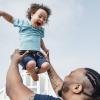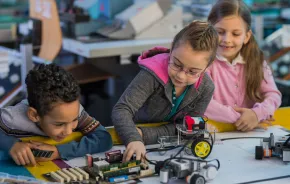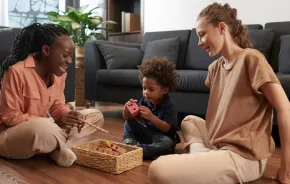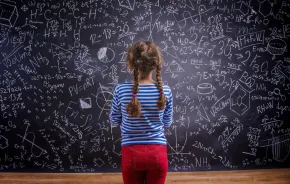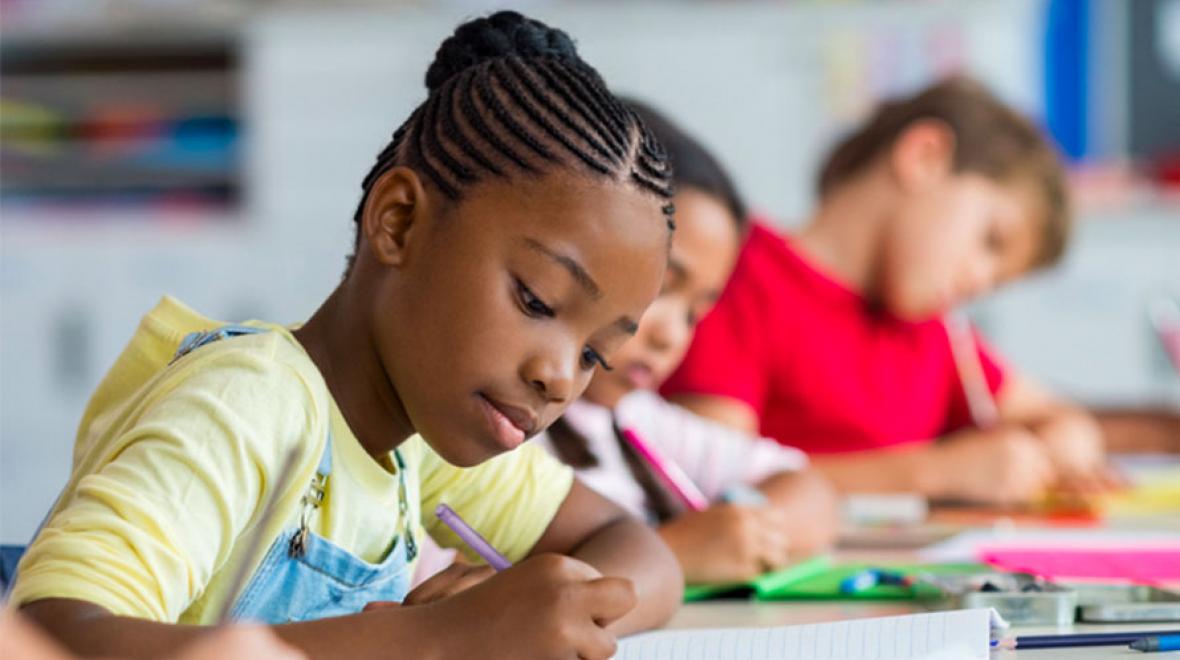
Seven years ago, I made a call that changed my daughter Annie’s learning journey.
Through the special needs parent grapevine, I’d heard rumor that free educational testing and assessment services were available at the University of Washington School Psychology Clinic. This clinic serves the community as part of the graduate level training program for school psychologists.
I sought out this free assessment for Annie even though she’d been tested though Seattle Public Schools (SPS) two years earlier. Why go to the trouble? I knew every test is a snapshot of the student on that testing day and I wanted up-to-date information.
Here's where we were: My then-first grader had seven weekly tutoring sessions to address her developmental delays. While I urgently wanted more information to help her, we lacked the optimal insurance plan or funds for private testing, which usually costs from $2,500 to $3,000. Was the school Annie was attending meeting her needs? Did we need to alter her tutoring sessions to meet new learning issues that I wasn’t aware of yet?
Her eventual results through the clinic shifted our tutoring sessions: We learned that Annie needed more help with math and less reading assistance. The tester assured us that her school was a good fit, told us our daughter learned though hearing stories and gave us detailed information that we needed for a successful testing assessment that happened a year later though SPS.
And so, whenever I meet a parent who needs more help for their child, I give out the number for this clinic because I know it’s serious about its mission to serve graduate students and the greater Seattle community.
This clinic offers three free services for families:
- preschool testing to assess children from ages 2–5 and age 11 every March to June
- assessment for learning, behavioral and social emotional development for children and adolescents ages 6–17 every January to March
- counseling services for children and adolescents ages 6–17 from January to June
All services are performed by graduate students and supervised by a licensed psychologist.
More about my experience
After I left a message asking for Annie to be considered as a candidate for a learning issues assessment, an advanced doctoral student returned my call. She conducted a 30-minute phone call to see if Annie was a fit for the testing services.
The number of students the clinic tests varies every year based on the number of graduate students; typically 20 to 30 assessments are completed across all ages (the 2019 slots are full; more on that below).
“These are the same cognitive and academic tests given in public schools by psychologists. The only difference is that assessments at the School Psychology Clinic are much longer and more detailed then what typically is given in schools,” says Allison B. Robertson, the clinic’s program coordinator.
If a child qualifies, a parent comes in for a one-hour interview, the child attends two three-hour testing sessions and then the parent meets with the graduate student to go over the assessment results for a total of four meetings. The tests access how the child learns, looks at their behavior patterns and if their development and skills are consistent with age-based abilities.
Robertson says parents call the clinic for testing for a range of reasons, including being unable to afford private testing, not wanting to be placed on a long waiting list for private testing or preferring flexibility with test results.
While the slots for 2019 are full for the preschool and school-age assessments and counseling services, parents can get on the waiting list for next year by calling the School Psychology clinic at 206-543-4970. The clinic will fill slots for all three services for the 2019–2020 school year next October and November.






